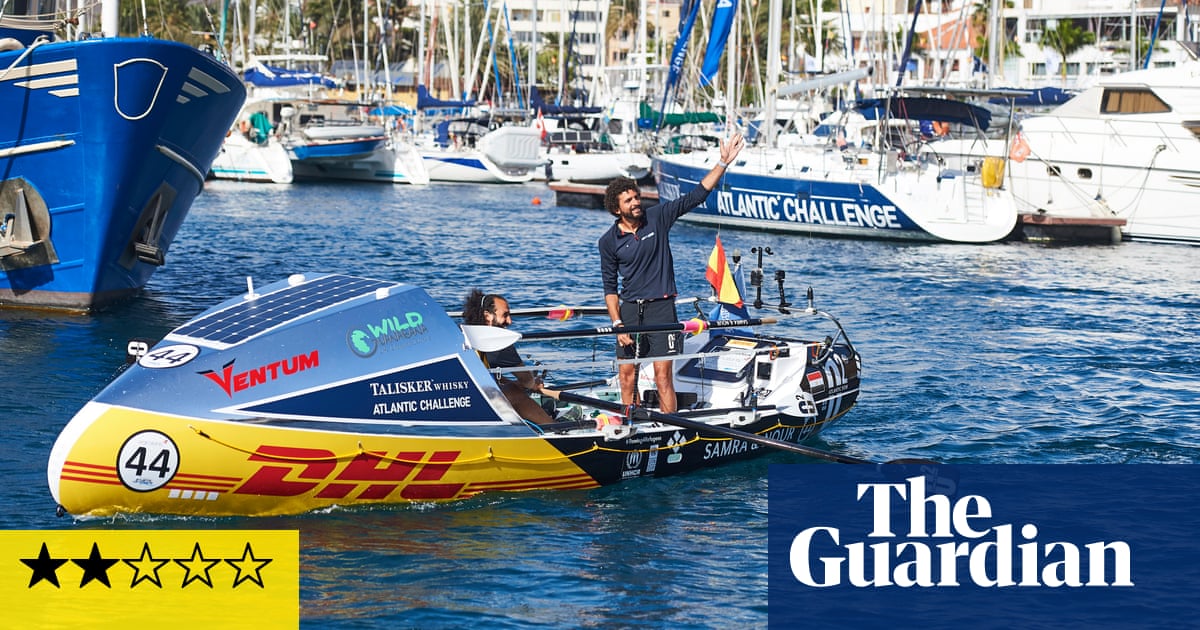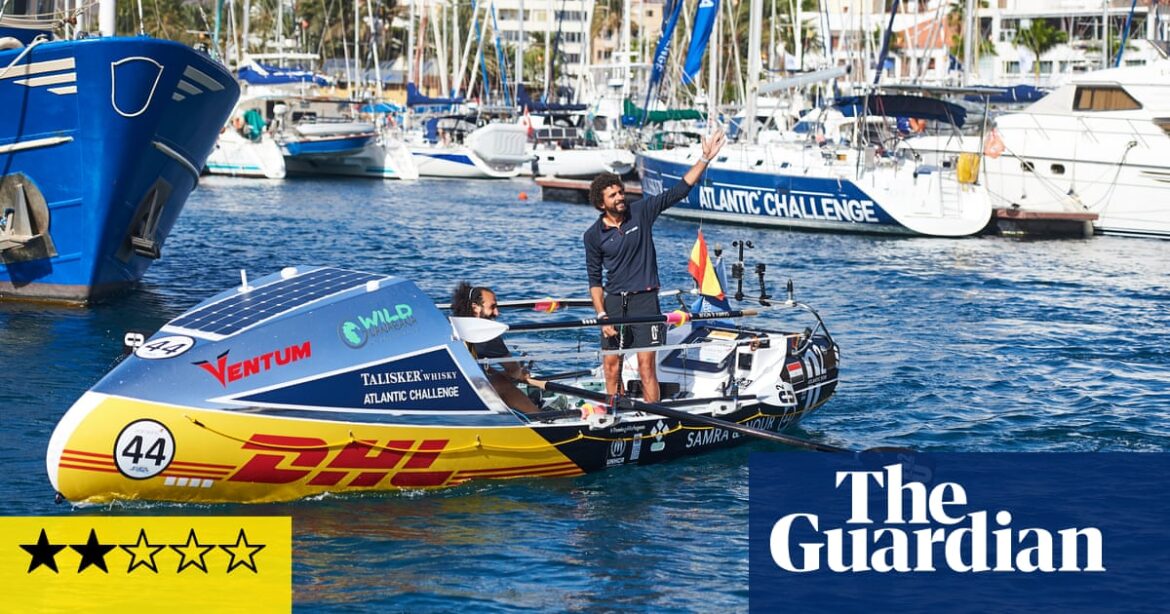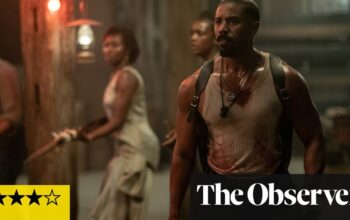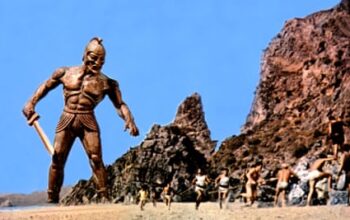
Here is a well-intentioned but brief, unsatisfying and oddly structured documentary, supposedly about refugees and boat people … although the refugees’ experiences are only discussed in the final 10 minutes or so. The film is actually about two Egyptians, Omar Nour and Omar Samra, energetic and prosperous young entrepreneurs who in 2017, in a spirit of adventure, took on the Talisker Whisky Atlantic Challenge, a well-established annual endurance event with a good safety record in which participants journey in a rowing boat across the Atlantic from La Gomera in the Canaries to Antigua; it is a 3,000-nautical-mile, 40-day ordeal in treacherous seas.
After just nine days, these two guys got into terrible difficulties, perhaps as a result of their relative inexperience. Their craft capsized and they had to be dragged out of the water by a Greek cargo ship, a chaotic rescue that itself could have gone fatally wrong. It all sounds very tense, although as the two men are here being interviewed after the event, we know that they survived. So what was the point of this fiasco? Did they put their families and friends through an agony of worry, just for a macho ego trip? Well, around an hour in to this 70-minute film they tell us that they now appreciate the sufferings of boat people and refugees – some of whose testimonies are duly tacked on to the end of the film.
Of course, refugees don’t have what Nour and Samra had: GPS technology, hi-tech comms and safety equipment. And Nour and Samra are not traumatised by poverty and war. Sure, their terrible danger was real enough. But this film’s audience is entitled to ask how exactly their new concern for refugees now manifests itself, apart from a desire to appear in this film. It could be that they are doing all sorts of charity work in this vein, but that’s not mentioned here. Perhaps it might have been better to look more deeply and candidly into Samra and Nour and ask how they have changed.
Source: theguardian.com



